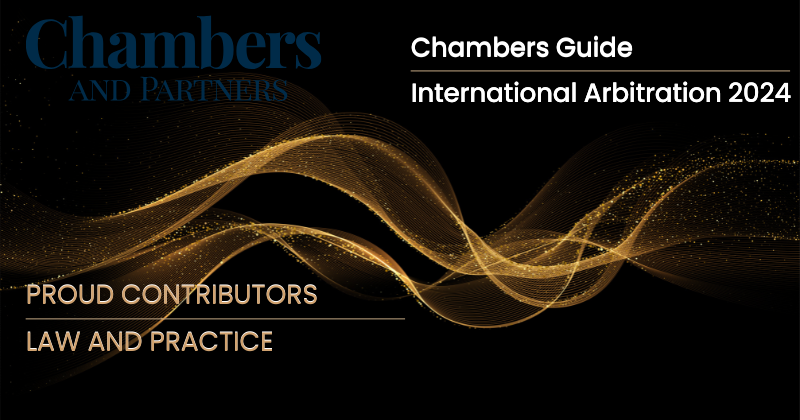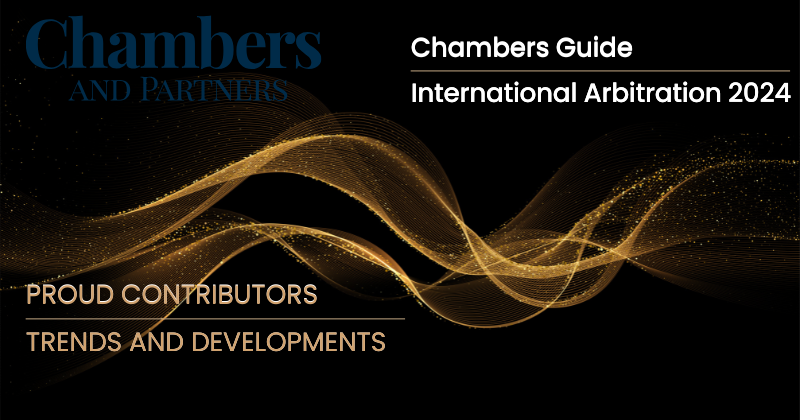On 9th February 2023, Hon. Lady Justice Hedwig Ong’udi upheld a Notice of Preliminary Objection filed by a consortium of insurance companies (the “Consortium”) comprising of CIC General Insurance Limited, Britam General Insurance Company (K) Limited and Old Mutual General Insurance Limited in HCCHRPET/E006/2023 – Chrispine Onyango Odhiambo & Another V. National Police Service & 10 Others (the “Constitutional Petition”). It was the Consortium’s position that the Constitutional Petition was bad in law and fatally defective having been filed in the Constitutional and Human Rights Division of the High Court despite the existence of available grievance mechanisms provided for in the Public Procurement and Asset Disposal Act, 2015 (the “PPDA”).
Background
The Constitutional Petition stemmed from a tender advertisement by the National Police Service and Kenya Prisons Service inviting the public to provide medical coverage to their members. Aggrieved with the tendering process and subsequent award of a tender valued at approximately Kshs. 8.6 Billion to the Consortium, two (2) Petitioners filed the Constitutional Petition seeking several reliefs that, if granted, would have resulted in the revocation of the tender awarded to the Consortium.
Submissions by the Parties on the Doctrine of Exhaustion of Alternative Remedies
During the oral hearing of the Notice of Preliminary Objection, the Consortium, through over very own John Mbaluto FCIArb and Natalie Obago, contended that by possessing the Tender documents adduced in their pleadings, the Petitioners were candidates under the meaning of section 2 of the PPDA and, therefore, subject to the provisions of section 167 of the PPDA. Section 2 of the PPDA describes a candidate as a person who has obtained the tender documents from a public entity pursuant to an invitation notice by a procuring entity.
It was contended on behalf of the Consortium that, in accordance with section 167 of the PPDA, the Public Procurement Administrative Review Board (the “Review Board“) should be the first port of call for parties aggrieved by a tendering process and that the failure to explore this avenue within the attendant timelines did not warrant the invocation of the jurisdiction of the Constitutional Court in lieu of the well laid out statutory grievance mechanism provided in the PPDA.
In response, the Petitioners maintained that they could under section 174 of the PPDA approach the Constitutional Court; and that the Review Board had no jurisdiction to address Constitutional issues.
Determination
The Court observed that although it was uncertain from the pleadings whether the Petitioners qualified as candidates or tenderers, it was indisputable that they possessed the Tender documents.
The Constitutional Court confirmed that the members of the Review Board possess the requisite qualifications to adjudicate disputes relating to a tender process and consequently, the reliefs sought by the Petitioners ought to have been submitted to the Review Board.
Additionally, the Court observed that the PPDA provides an elaborate procedure for resolving tender disputes which the Petitioners conveniently ignored.
On this basis, the Constitutional Court agreed with the submissions made on behalf of the Consortium and allowed the Notice of Preliminary Objection thereby striking out the Petition.
We are proud to announce that OurVeryOwn John Mbaluto FCIArb and Natalie Obago successfully represented the Consortium in the Constitutional Petition.
Please click here to download the alert.
This alert is for informational purposes only and should not be taken to be or construed as a legal opinion. If you have any queries or need clarifications, please do not hesitate to contact John Mbaluto FCIArb, Deputy Managing Partner, ([email protected]), and Natalie Obago, Associate, ([email protected]) or your usual contact at our firm, for legal advice.





